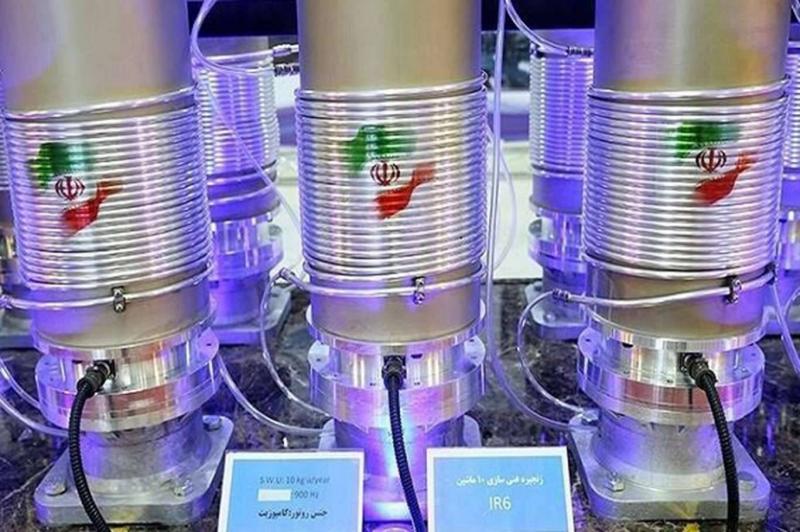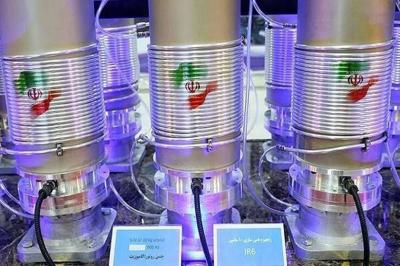Following reports that Iran has increased its uranium enrichment to extremely high levels, many questions have arisen about the implications of this action, especially concerning the conflict with Israel. Amid stalled nuclear negotiations between Iran and major powers, reports indicated that Tehran has raised its uranium enrichment to 84%. Concurrently, Israel’s threats have intensified, suggesting a possible escalation of the covert conflict between the two parties beyond the "shadow war" that has been ongoing for years.
Israel consistently asserts that it will do everything in its power to prevent Tehran from acquiring nuclear weapons, while Iranian officials periodically issue statements threatening the Israeli state. Recently, Israeli reports revealed that Prime Minister Benjamin Netanyahu held five secret discussions regarding Iran, in which one led to a decision to increase readiness for a potential attack on Iran's nuclear facilities.
Regarding the current state of the crisis between Israel and Iran, strategic analyst and international affairs expert residing in Rome, Mitchell Belfer, stated: "Israel’s rhetorical challenge to Iran's emergence as a nuclear power is not new. As Tehran continues its nuclear path, Israel constantly warns that it will not tolerate a nuclear Iran. So far, Israel has only used covert operations to slow down Iran's nuclear armament, such as the assassination of scientists and other key figures responsible for developing the nuclear program, and through cyber warfare operations. It is doubtful that Israel would strike Iranian nuclear facilities without military support from the United States and political backing from the European Union and NATO."
Over the past decade or so, despite a few outbreaks of violence, both countries have entered a form of conflict that is slowly evolving. Their relationship remains tense, and could extend to open hostilities at any moment, especially through Iranian proxies in the region. As mentioned, Israel will not strike Iran alone; it lacks the capacity to destroy Iran's nuclear capability without U.S. assistance. The more pressing question is whether the U.S. is willing to project power against Iran at this moment. Belfer believes that any escalation in tensions as a result of further deterioration in the Iranian-Israeli power balance is minor when compared to the long-term trend of Iran acquiring nuclear weapons.
After former U.S. President Donald Trump's withdrawal from the 2015 nuclear agreement in 2018, Iran began to retreat from its nuclear commitments, as analysts believe this was intended to send a message of pressure to the Western powers that signed the nuclear agreement. The nuclear agreement stipulated several restrictions on Iran's nuclear program, which Tehran agreed to, ensuring that uranium enrichment would not exceed 3.67%, a level suitable for generating nuclear energy for civilian purposes. However, in 2020, the Iranian parliament passed a law compelling the government to raise uranium enrichment to 20%. In 2021, Tehran announced it had started enriching uranium to a purity of 60%, aiming to demonstrate its technical capability following a sabotage attack on a nuclear facility in Isfahan, central Iran.
Recently, a report by Bloomberg revealed that inspectors from the International Atomic Energy Agency found traces of uranium enriched to 84% at Iran's nuclear facilities last week, according to Western diplomats. This figure is only 6% less than what is required to produce a nuclear bomb (90%).




